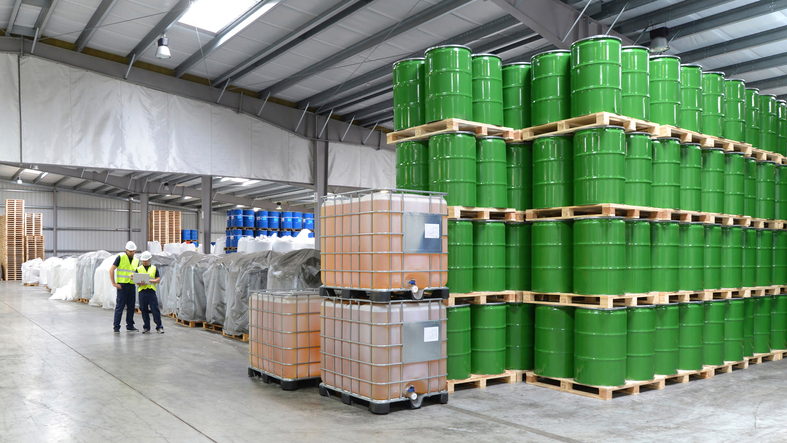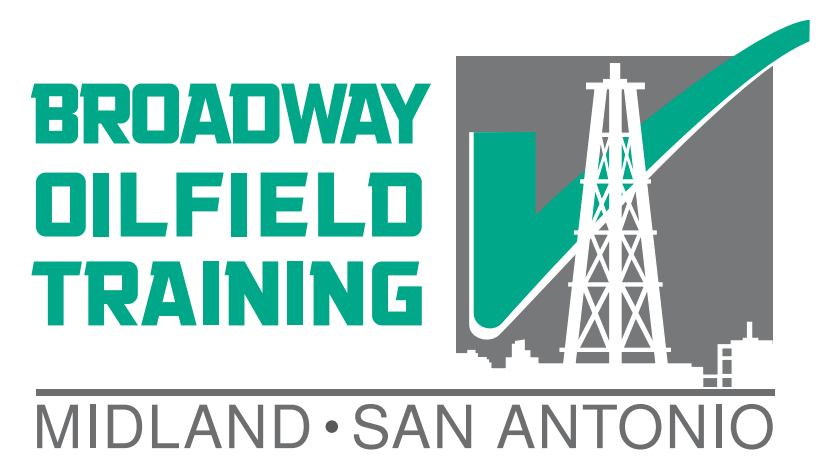Alright gentlemen, let’s talk about some of the OSHA requirements for that brake cleaner you’ve all been carrying around in your cab.
As a driver or field worker, you probably believe that OSHA compliance will not play a part in anything you carry in your cab–and I agree, you’d probably be right so long as you’re not involved in a rare investigation–but I’m concerned more about the ability for you to live your life than the avoiding of an OSHA fine. You see, brake cleaner is a serious chemical; brake cleaner is known to be hazardous to your health and many people are using it in a haphazard way.
The consequences for misusing toxic chemicals can be catastrophic, and in case you would accuse me of being hyperbolic, just imagine the following:
- During your retirement, you must carry a canister of oxygen wherever you go. Slowing you down and tiring you out.
OR
- Your work life is cut short to an aggressive internal cancer.
Both of these terrible outcomes are possible due to the nonchalant use of chemicals such as brake cleaner. How do we know this? The Safety Data Sheet (SDS) is the main guide telling us how dangerous a chemical is. Here are some sources for the SDS for brake cleaner:
http://www.rwsidley.com/MSDS/crc%20brakleen.pdf
https://multimedia.3m.com/mws/mediawebserver?mwsId=SSSSSuUn_zu8l00xm82UPY_1lv70k17zHvu9lxtD7SSSSSS–
Read them and you can see for yourself that, in addition to being a skin and lung irritant, it can also cause cancer. According to the SDS, skin should be protected from exposure and engineering controls used to prevent inhalation. When engineering controls can’t be enacted, a respirator with organic cartridge filters is recommended for open areas and a self-contained breathing apparatus is indicated for confined spaces. This is serious protection for such a serious chemical.
In the real world, when I hear about field hands and mechanics nonchalantly using brake cleaner to wash the grease from their hands it saddens me. It is of little concern that this is an OSHA violation, few will be cited by OSHA and even if fines were doled out it wouldn’t matter much. What saddens me is that when these men are working hard to make a good life for their family and build society, what they don’t deserve is to have their own quality of life ruined because of an insidious chemical. Using brake cleaner with the proper protections may take an extra step or two, but the extra time is much less than what will be required to repair the damage it does to your health afterward. And if it seems like the industrial hand cleaners don’t get the grease off the skin as well as brake cleaner does, just ask yourself: “what cleaner will get the cancer out later?”
Please don’t wash your hands with brake cleaner.
Recommended Training: Online Fit Test Train the Trainer, San Antonio SafeLand Orientation

Notice: Article is provided as is and for informational use only. Eagle Ford Training San Antonio, its owners, instructors, and affiliates hereto referred as the company shall have no liability for and you shall defend, indemnify and hold harmless from and against any claim loss demand, liability, obligation, and expense based upon any injury or damage, spill or pollution, product liability, or any other loss that may occur. The liability for the use of information is solely yours notwithstanding any act of error or omission by the company.
This article is provided for informational purposes only in the public interest of hydrogen sulfide, oil and gas safety, and well control. Any references to third parties are ancillary to the goal of promoting those public interests. Eagle Ford Training San Antonio is a Texas corporation and does business exclusively within the State of Texas. Texas statute provides comprehensive relief against Strategic Lawsuits Against Public Participation.
This is a non-commercial portion of the eagleford.training domain for educational purposes only. Derivative works are used under fair use without endorsement from their author.
